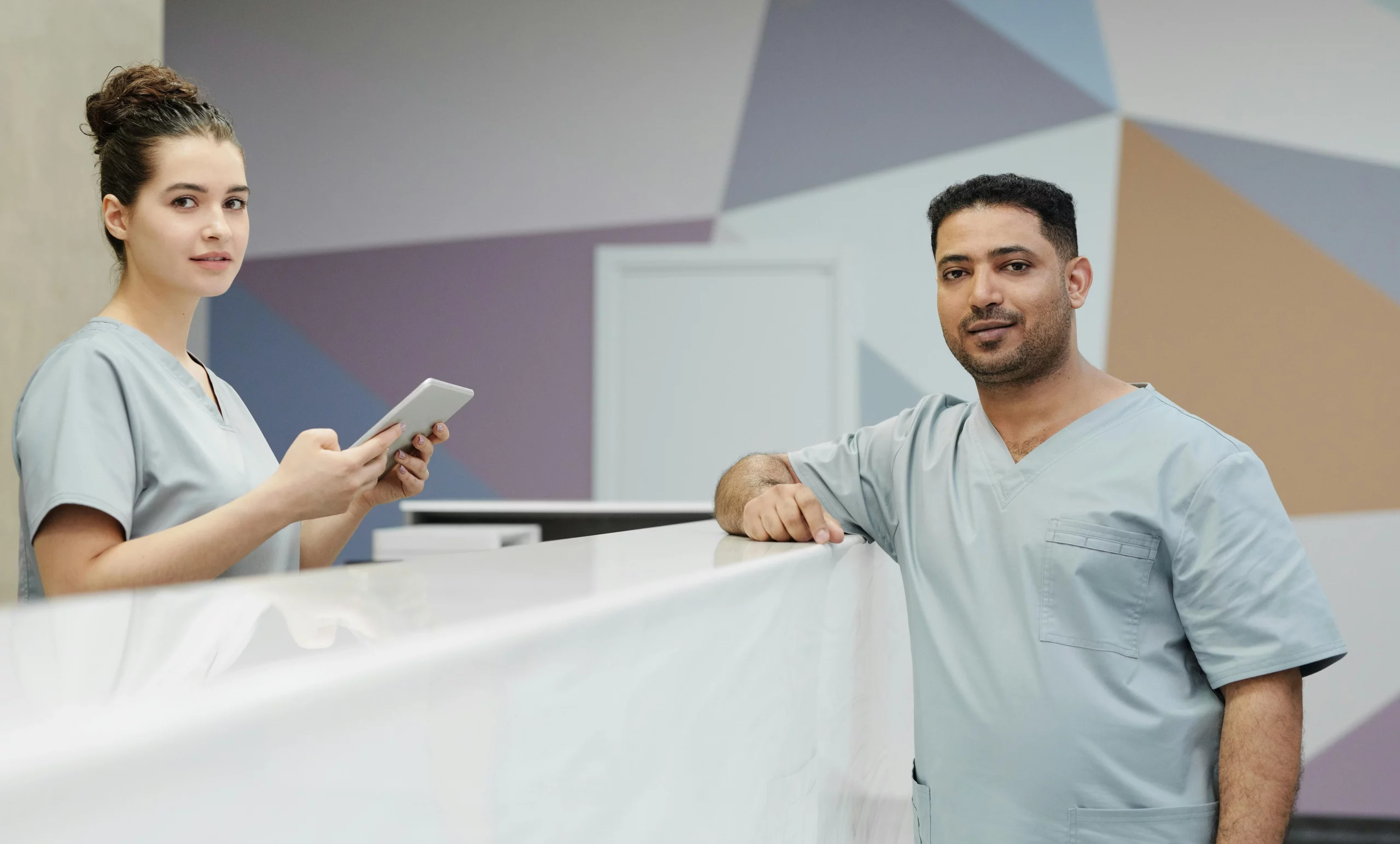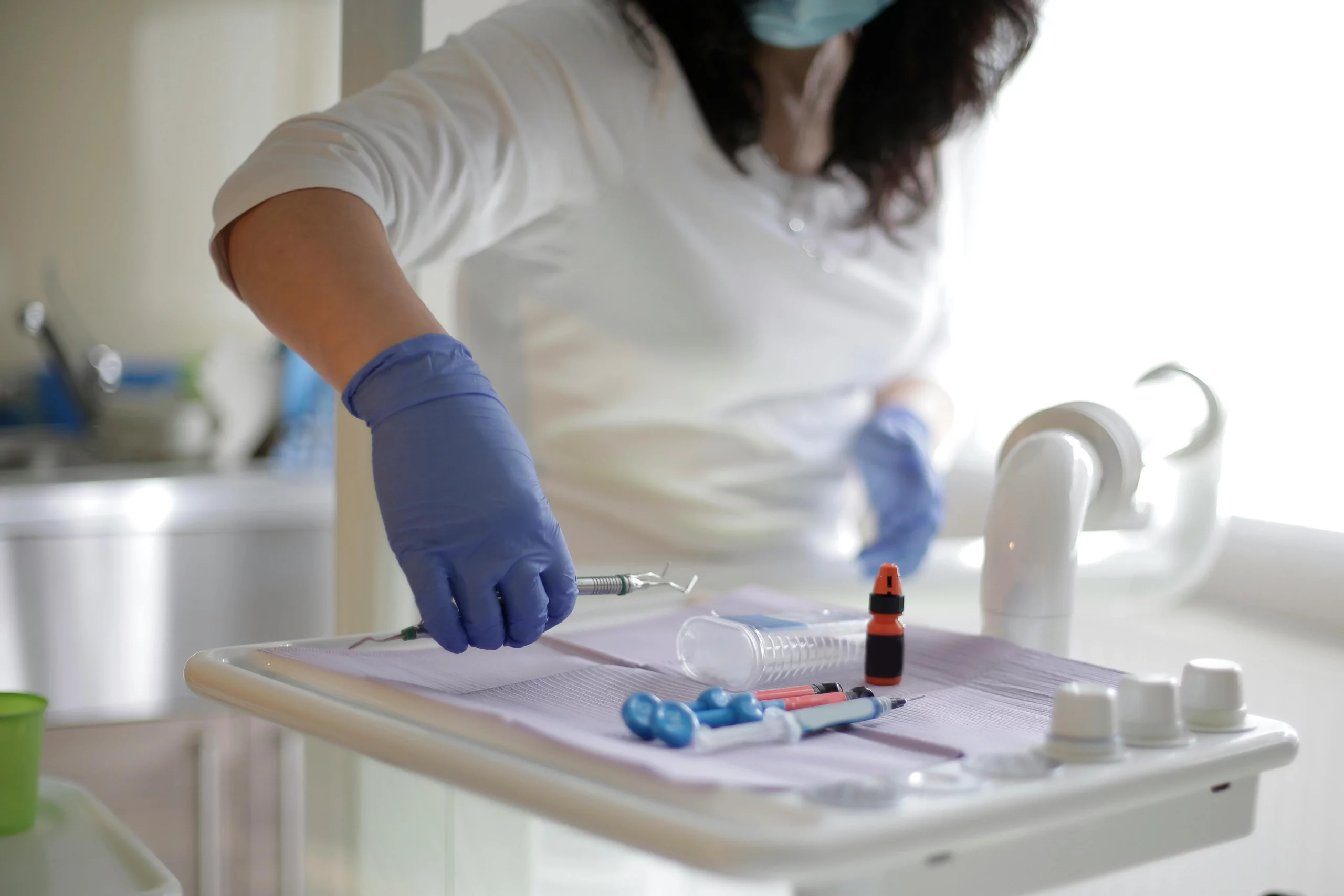What is a Medical Receptionist?
A Medical Receptionist is responsible for greeting patients, scheduling appointments, managing patient records, and providing administrative support in a medical office or clinic setting. Medical Receptionists play a crucial role in creating a positive patient experience, facilitating communication between patients and healthcare providers, and maintaining efficient office operations.
Medical Receptionist Job Description
Are you organized, customer-focused, and detail-oriented? We’re looking for dedicated individuals to join our team as Medical Receptionists. As the first point of contact for patients, successful candidates will play a vital role in providing excellent customer service, managing administrative tasks, and ensuring the smooth operation of our medical facility.
As a Medical Receptionist, you will have the opportunity to interact with patients, healthcare professionals, and other staff members, contributing to the overall effectiveness and efficiency of our medical practice.
The ideal candidate will possess strong interpersonal skills, multitasking abilities, and a commitment to delivering exceptional patient care.
What Does a Medical Receptionist Do?
Greeting Patients and Visitors:
- Welcome patients and visitors to the medical facility in a friendly and professional manner, providing assistance and direction as needed, and ensuring a positive first impression.
Scheduling Appointments:
- Schedule patient appointments, consultations, and follow-up visits using electronic scheduling systems, coordinating with healthcare providers and patients to optimize appointment availability and minimize wait times.
Managing Patient Records:
- Maintain accurate and up-to-date patient records, including demographic information, medical history, insurance details, and appointment schedules, ensuring confidentiality and compliance with HIPAA regulations.
Answering Phone Calls:
- Answer incoming phone calls, screen and route calls to the appropriate department or staff member, take messages, and provide information to callers regarding appointment scheduling, clinic hours, and other inquiries.
Checking In Patients:
- Check in patients for appointments, verify insurance coverage, collect co-payments or payments for services rendered, and update patient information in electronic health records (EHR) systems accurately and efficiently.
Assisting with Administrative Tasks:
- Perform various administrative tasks, such as filing paperwork, scanning documents, processing medical records requests, and coordinating referrals to specialists, to support office operations and ensure smooth workflow.
Managing Medical Forms and Documents:
- Distribute and collect medical forms, consent forms, and patient information packets, ensuring completion and accuracy, and assisting patients with filling out forms as needed.
Coordinating with Healthcare Providers:
- Communicate effectively with healthcare providers, nurses, and other clinical staff to relay patient information, schedule appointments, coordinate referrals, and address patient concerns or requests.
Handling Patient Inquiries and Concerns:
- Respond to patient inquiries, concerns, and requests for assistance, providing information, guidance, and assistance in a courteous and professional manner to ensure patient satisfaction and resolve issues promptly.
Maintaining Cleanliness and Orderliness:
- Ensure the reception area, waiting room, and front desk area are clean, organized, and well-maintained at all times, removing clutter, replenishing supplies, and adhering to infection control protocols.
How Much Do Medical Receptionists Make?
The median annual salary for Medical Receptionists in the United States is $39,716. Entry-level positions typically start at $35,238 per year, while experienced practitioners can earn as much as $43,371 annually.
Skill Requirements
- Customer Service Skills: Medical Receptionists must possess strong customer service skills to interact effectively with patients, visitors, and healthcare professionals, addressing inquiries, providing assistance, and resolving concerns in a courteous and professional manner.
- Organizational Skills: Medical Receptionists should have excellent organizational skills to manage appointment schedules, patient records, and administrative tasks efficiently, prioritize tasks, and maintain orderliness in a busy medical office environment.
- Communication Skills: Medical Receptionists should have clear and effective communication skills to convey information verbally and in writing, communicate with patients and staff members, and relay messages accurately and professionally.
- Attention to Detail: Medical Receptionists must demonstrate attention to detail in accurately recording patient information, scheduling appointments, and processing paperwork, ensuring accuracy, completeness, and compliance with documentation standards.
- Multitasking Abilities: Medical Receptionists should be able to multitask effectively, handling multiple phone calls, patient inquiries, and administrative tasks simultaneously while maintaining a high level of accuracy and professionalism.
- Computer Proficiency: Medical Receptionists should be proficient in using electronic health record (EHR) systems, scheduling software, and other office productivity tools to manage patient records, schedule appointments, and perform administrative tasks efficiently.
Example KPIs for a Medical Receptionist
- Patient Satisfaction Scores: This KPI measures patient satisfaction ratings based on feedback surveys, assessing the quality of service provided by Medical Receptionists and identifying areas for improvement in patient care and service delivery.
- Appointment Schedule Compliance: This KPI evaluates the percentage of appointments scheduled and attended within the specified timeframes, tracking patient punctuality and appointment availability to optimize scheduling efficiency and minimize wait times.
- Call Handling Metrics: This KPI tracks call volume, average wait time, call duration, and call resolution rates to assess the effectiveness and efficiency of phone communication, identify trends, and improve responsiveness to patient inquiries and requests.
- Administrative Task Completion: This KPI measures the timeliness and accuracy of completing administrative tasks, such as updating patient records, processing paperwork, and managing medical forms, ensuring compliance with documentation requirements and office protocols.
How Can Glider AI Help You with Hiring a Medical Receptionist?
Glider’s recruitment platform is designed to streamline the hiring process for Medical Receptionists by leveraging AI-driven assessments and analytics. Utilize Glider AI Skill Intelligence™ to identify top-quality candidates, streamline candidate screening, and ensure a mobile-first, candidate-friendly experience.
Glider AI’s Unique Features
- AI Proctoring
- Skills-based assessments
- Ensure Hiring Compliance
- Conversational Chatbot for Talent Screening
- Powerful candidate analytics
- Streamline Healthcare Hiring with AI and Automation
Go ahead and spotlight your Medical Receptionist with Glider AI today!
Schedule a Demo or contact us at info@glider.ai



